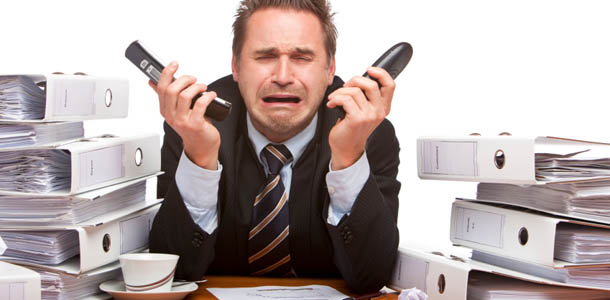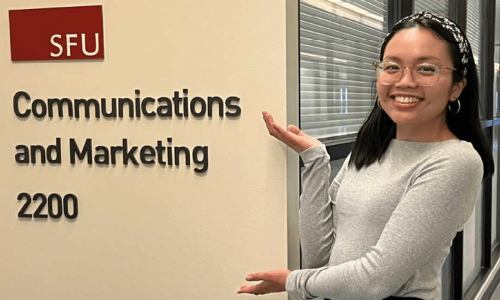
My time in co-op has unintentionally guided me into event planning. I never deliberately discredited the idea, but event planning seemed like a job more suited to meticulous, extroverted busy bodies. My first event taught me how stressful planning could be. The multiplicity of tasks and deadlines that you’re required to manage is overwhelming and can certainly make you question your sanity. However, the more events I planned, the more I honed my organizational and creative energies. This lead me to discover the incredibly rewarding potential that event planning holds. The following five best practices are the keys to success in this career that will help you stay afloat.

One of the most important skills for event planning is resourcefulness - knowing how to use the tools available to you. The Internet is your best friend when it comes to sourcing venues, caterers and speakers. Equally as important are any pre-existing documents and research from previous events. This information is a gold mine because it not only means that you don’t have to start from scratch, but it will also tell you what has and has not worked in the past. You can also use your co-workers’ opinions as a valuable benchmark of what is to be expected.

The stress-inducing potential of event planning arises from the wealth of details involved. Hotels, travel, menus, sessions, speakers, attendees and invitations… the list goes on. Being organized is the key to your survival. Organize yourself in a way that helps you to understand the tasks at hand, impending deadlines and details of your research. Project management tools such as agendas, calendars, and an amazing program called Trello are invaluable for showing you the progress you’re making toward the end goal.

The beauty of event planning is that it’s a blank slate open to any ideas you may have. The rewarding feeling that comes from good reviews is well worth the stress leading to the event. So what defines a great event? Individuality. U n i q u e n e s s. Something that STANDS OUT from the rest. You’re in an advantageous position as a co-op because you’re not privy to how things have been done in the past. You’re able to bring a whole new set of fresh perspectives and ideas to the table. Giving people something they’re not use to can be risky, but you’ll score big points if you can pull it off.

Face the facts. There’s lots going on in event planning and it’s hard not to feel overwhelmed. If you start to feel the brain fog, remember to take a step back and breathe. Grab a coffee. Go for a walk. Innovative solutions cannot be reached if you’re stuck asking all the wrong questions. A well-deserved moment of peace is crucial to the event planning process because it can help you find the flaw in your method. You may realize that your “great” ideas were actually garbage, and finding better solutions will only lead to a better event.

As an event planner, understand that inevitably things will go wrong. Nothing is foolproof, especially when you’re dealing with so many finely-tuned details. Always have a back-up plan; more importantly, learn to think on your feet, react fast, and make quick decisions. As catastrophic as your mistakes may seem in the moment, there is always a way to get back on track as long as you remember to use your resources, stay organized, think creatively, and breathe!
















